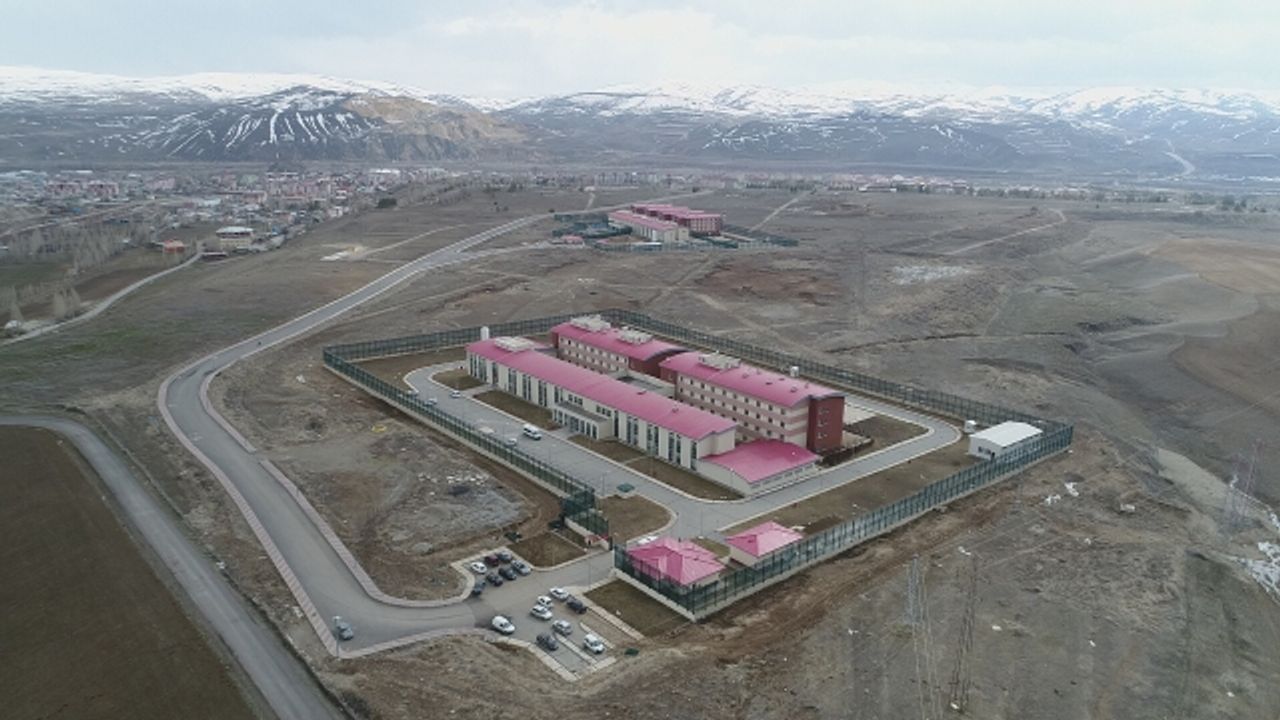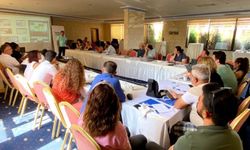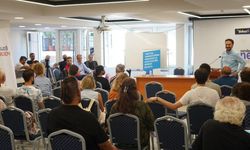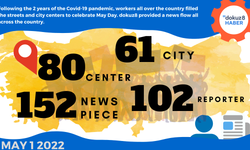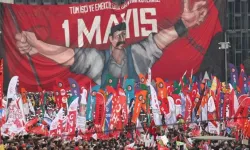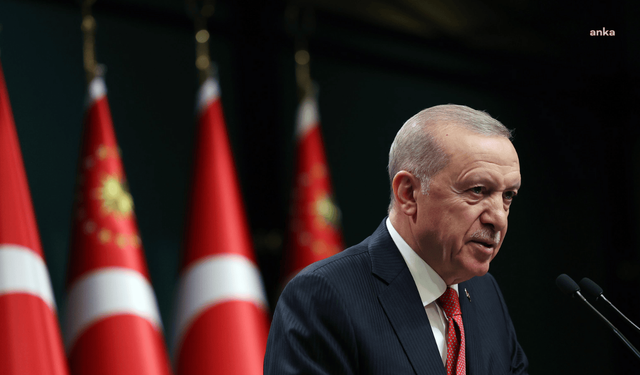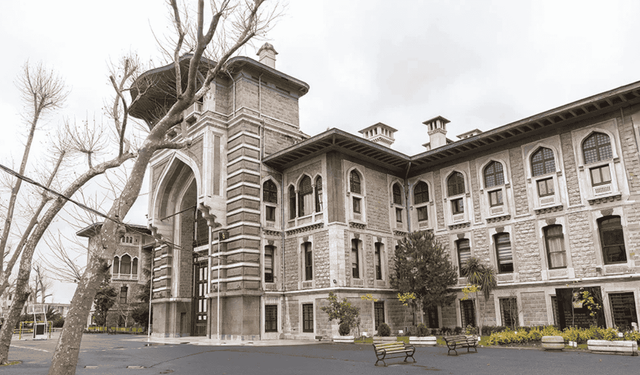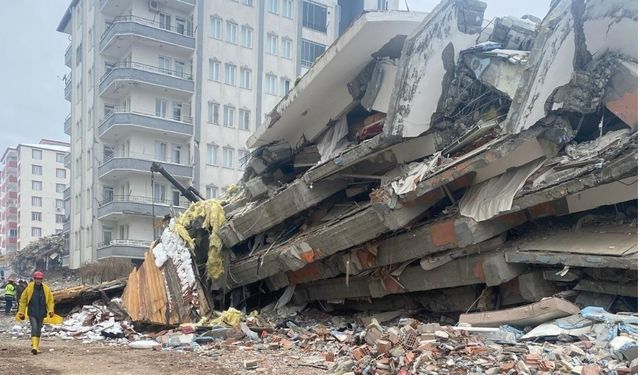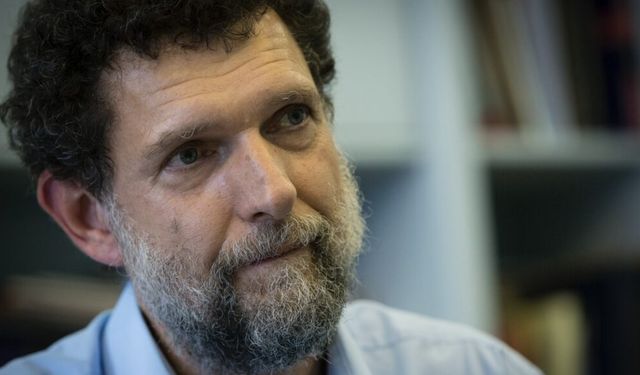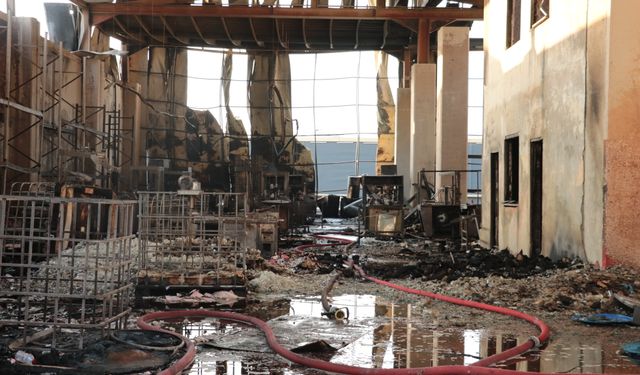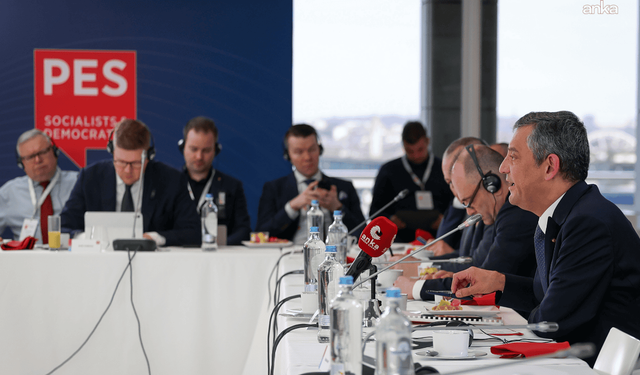Written by: SELMA KARA
Translation: Sebla Küçük
Last year in June, three refugees committed suicide at Kayseri Removal Center. One month later, 16 Pakistani refugees attempted to take their own lives. The center suddenly came under the spotlight. Mahmut Şahin, Chairperson of Confederation of All Workers’ Unions (Tüm-İş) and Consumers Union, addressed the issues related to the subcontracted workers at the center and share a post about suicide incidents at the facility.
FOUR SUICIDES IN ONE WEEK!
As we investigated the details of the post shared by Şahin, we found out that the allegations were true – Hossin Ali Sihirzad, an Afghan born in 1990, committed suicide by hanging himself on a water pipe with his keffiyeh. Hasem Moghiseh from Iran, Nasser Eddine Temmar from Algeria and an anonymous refugee from Iraq also attempted at suicide in the same week, but were saved.
Our research revealed that the refugees, except for Shirzad, tried to kill themselves by drinking shampoo or cleaning agents, and therefore these substances were prohibited at the center.
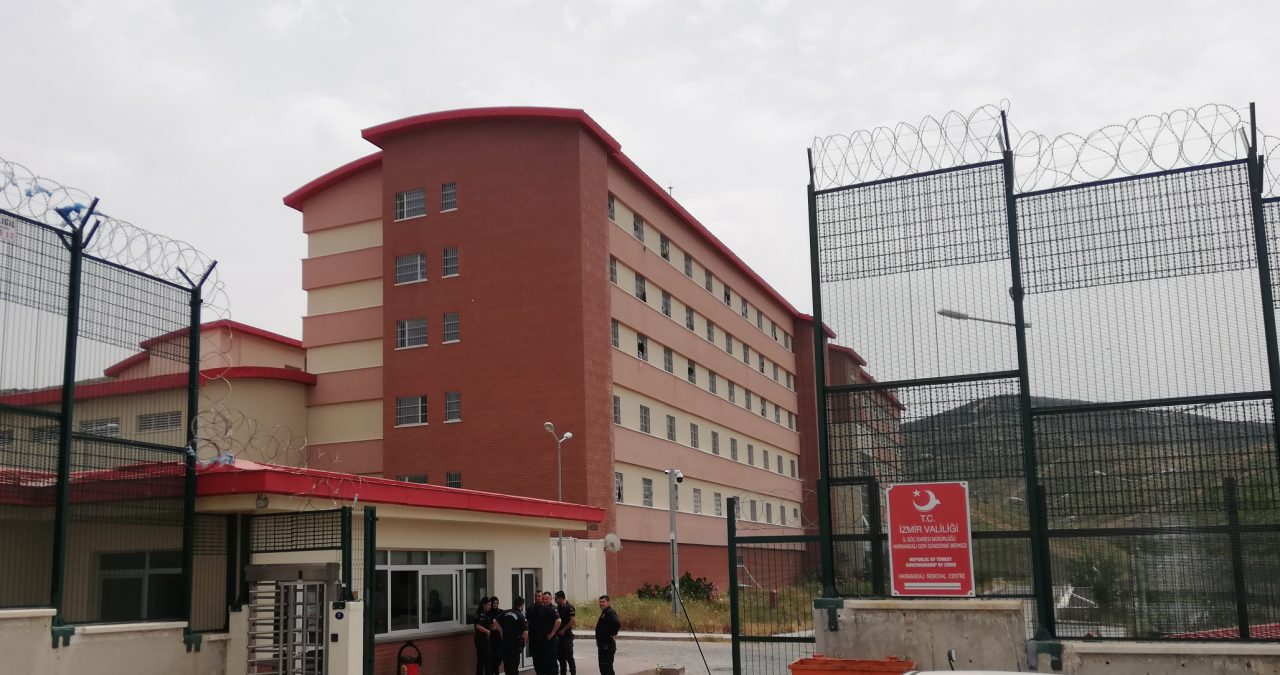
TWO COLLECTIVE SUICIDE ATTEMPTS LESS THAN ONE MONTH APART
We later learned that, less than one month after this, on July 6, ten refugees tried to kill themselves by ingesting soap. News agencies reported the refugees were admitted to hospital with suspicion of poisoning. On the very same day, Kayseri Governor’s Office published a statement, saying that 16 refugees tried to take their own lives by ingesting soap. “16 Pakistani guests held at our removal center attempted to get themselves admitted to hospital by ingesting soap after the procedures were launched for their repatriation. Their conditions are stable.”
DIRECTOR SENT TO NİĞDE, TEN EMPLOYEES RELOCATED
Were the refugees actually attempting to kill themselves only because they were going to be repatriated? Our investigation revealed that similar suicide attempts were known before June, but the refugees couldn’t make their voices heard. Furthermore, the Governor’s Office had launched an investigation to look into the complaints, and as a result, Ömer Taşçı, former provincial director of migration who was in office when the news about the suicides made headlines, was appointed as provincial director of migration in Niğde, and he was replaced by Ahmet Danışman. Ten other employees of the center were also relocated.
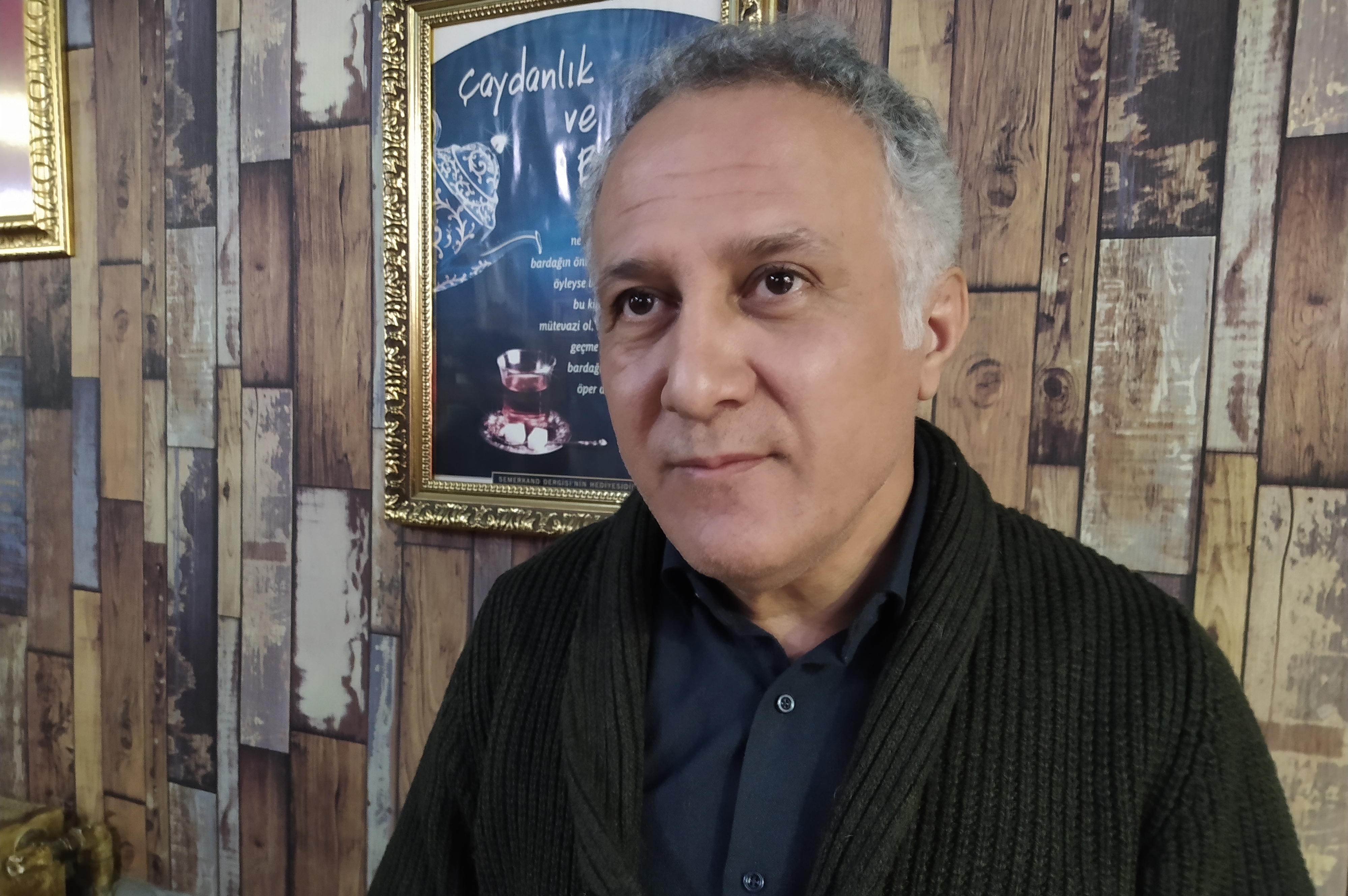 Mahmut Şahin, Chairperson of Confederation of All Workers’ Union and Consumers Union
Mahmut Şahin, Chairperson of Confederation of All Workers’ Union and Consumers Union
MAHMUT ŞAHİN: WE HEARD REPORTS OF ILL TREATMENT AND BROKEN LEGS
We reached Mahmut Şahin to discuss the details of the allegations. Şahin said they first became aware of the problems after one worker filed a complaint for mobbing. Şahin confirmed the suicide incidents at the Removal Center, and said the main reason that drove people to kill themselves was ill treatment.
How did you become aware of the incidents at the Removal Center?
“The security guards working there came to me with allegations of mobbing, because I was the chairperson of Tüm-İş. I was also receiving complaints from the migration officials in other cities. There were reports of discrimination – people complained that directors protected his own circle while exiling their opponents. Our union has representatives in provinces neighboring Kayseri. Our members based in Şanlıurfa, Antep or Mardin are sent on assignments to 1000 kilometers away from their homes for 6 months. These people, who live on minimum wage, had to support two houses in two different cities for months.”
What was the purpose of that?
“The purpose is to force them to resign, and replace them with people in their own lists. Our members who came on an assignment from Kayseri said their assignment was an act of discrimination because they were from the eastern part of the country. So, we went to the Directorate of Migration. We went there to find a solution, but our visit only revealed more problems. There were reports of ill treatment against employees and the refugees being held there. There were reports of legs being broken, or people committing acts of violence and bragging about them. Authorities were saying the victims broke their legs after falling. I asked about this to the Governor, the Removal Center and the Directorate of Migration. What was the height of that fall? Where was those stairs? There was not even one step of stairs – if someone can fall on a flat surface and break a leg, that person deserves a Nobel prize. But they didn’t give any answers. We already know the answer. We told them that we know what happened and they should do what is necessary. We will see if they will do it. But the ill treatment continued there.”
“WE COMPLAINED ABOUT CAMERAS KEPT ON STAND-BY, BUT THE GOVERNOR DIDN’T TAKE US SERIOUSLY”
“They do something which is called ‘letting the cameras rest.’ It only happens at the most interesting hours. Some people said the provincial director (Ömer Taşçı) had a bedroom in the facility. We looked into that, and we found out that he was actually sleeping there. Authorities said he had to do that because his house was outside the city. If a provincial manager cannot rent a house, that person should not hold that position. Turkey draws a positive image towards the world in terms of its treatment of refugees. We criticize the barbaric acts of other governments, including Italy, France or Greece. But we do not treat refugees very well at Removal Centers. If the government’s policy is to treat them well, we need to punish the public officials who fail to do that. You can assign them to positions in other institutions. When we complained about the cameras, the Governor’s Office didn’t take us seriously. We received a report about this, saying the cameras will be resting at specific hours. The report was signed by workers. There was an order from senior officials. When we talked to the deputy governor in charge of migration management, he said the Director didn’t have a bedroom. I told him that the cameras were probably ‘resting’ during the move-in. They investigated it, and confirmed that he had moved in there.”
NO CAMERAS WORKING WHEN REFUGEES HAND IN THEIR PERSONAL BELONGINGS
“We later received complaints that there were no cameras in the rooms where refugees hand in their personal belongings during admission process. They turn in their stuff there but they can’t prove anything. A refugee may go in with 5,000 USD but an official may say he only had 500 USD, and there is nothing to prove it. The video footage is held by the employees, but there is no control over who these records are kept. Refugees can’t file complaints – they are afraid because these officials have all of their belongings. These refugees have families living in Kayseri, and they bear all these troubles just to reunite with them. We saw some people took advantage of refugees’ despair. The Governor’s office launched an investigation against these people. I know there was an investigation because they also called me to ask some questions after I shared a post on social media. We don’t know the outcome of that investigation.”
OFFICIALS RELOCATED AS INVESTIGATION CONTINUED
“As the investigation was still going on, some officials were relocated. The director and his deputies were sent off, but they were appointed to directorates of migration in other cities. The director was previously a district director of national education. They sent him to Niğde. Maybe they said ‘You failed in Kayseri, so you might as well fail in Niğde.’ Otherwise, why would they send him away if he were good? We need transparency about that investigation. There were allegations of irregularities in the tender process for the catering services. The complaint came from a worker, who saw the red flags and filed a criminal complaint to the prosecutor’s office, along with supporting documents. But the worker had one precondition – remaining anonymous. Later, that worker was laid off in the scope of this investigation, and ten other workers were relocated, including civil servants and workers. The worker who was laid off was working for a subcontractor, not directly for the state. They said he leaked information but he leaked information to the prosecutor’s office, which is a public institution.”
“FACILITY DOCTOR ISN’T KEEPING RECORDS ACCURATELY”
“The facility doctor has to be investigated. The doctor didn’t report anything that will be unpleasant for the administration. I am pretty sure that the doctor didn’t even visit the scenes of suicide. One rotten apple spoils the whole bushel. But this mindset will not help our country. The doctor is the main person that has to answer for the suicides. They should investigate him: did he go and examine those people, or did anyone come and visit him?”
“SUICIDES DUE TO ILL TREATMENT OF REFUGEES”
“People commit suicide because of ill treatment of refugees – because they are not allowed to talk to their families or receive any news about them. I believe the suicides happen due to ill treatment. If they are relocating so many people during the investigation, why don’t they tell us the reason? There’s nothing wrong about this – you can just say that these people were doing some things wrong and were punished. The deputy governor told me that the refugees didn’t hang themselves on bunk-beds. No, but one of them hanged himself on a water pipe. So, the point is, that person committed suicide.” “Currently, the situation is a little fragile. People can leak information from here, so they are more careful about this. What we want from everyone is to do their job properly. They shouldn’t hide these things fearing me or other people will talk about them. The state has appointed them to take good care of refugees. If they can’t do that, they shouldn’t be working in those positions.”
SECURITY GUARDS’ TESTIMONY DESCRIBES VIOLENCE
Following the criminal complaint filed by Mahmut Şahin, an administrative investigation was launched to look into what happened at Kayseri Removal Center. In the scope of the investigation, officials questioned private security guards and employees of the facility. The investigation team concluded that launching a criminal investigation about the ill treatment of refugees by 11 employees would be recommended to maintain the prestige of the institution as well as to protect the positive model set by Turkey for the whole world in terms of treatment of refugees.” Shift supervisor of security guards, in his testimony, said he heard İzzet Öztekin, the director, beat the refugees and saw him using offensive language when talking to them. Another private security guard said “Two directors were beating refugees in the corridors where there were no cameras” and he gave a list of names of officials who were involved in those beatings. Another security official said “A cleaning brush was broken as it was used to beat refugees.” The same witness also said “All employees of the institution knew and talked about a group of officials, which were called Yozgatlı, were beating refugees.” Another security guard said he was in the hospital on the day of that incident, and confirmed that Algerian refugees were beaten.
Another official said “There is a blind spot that the cameras can’t see. They were taking the refugees there and beating them with the Yozgatlı group.” Other private security guards confirmed they saw directors beating refugees, or making their junior beat them. A technical employee claimed that İzzet Öztekin visited rooms with a hidden baton in his jacket or up his sleeve. The same employee also said refugees filed numerous complaints at Kocasinan Gendarmery Command.
İzzet Öztekin, former director of the facility, told dokuz8NEWS that there was an investigation but it was closed with nonsuit by the Chief Public Prosecutor’s Office in Kayseri. “Regarding your report about Kayseri Removal Center, which contains various allegations about me, the Chief Public Prosecutor of Kayseri ruled for nonsuit on 23/03/2022, and the allegations were refuted.”
Ömer Taşçı, deputy director of migration in Kayseri, denied the allegations against him in his testimony taken during the investigation. However, private security guards stressed that incidents of beating and ill treatment came to an end after İzzet Öztekin left the institution.
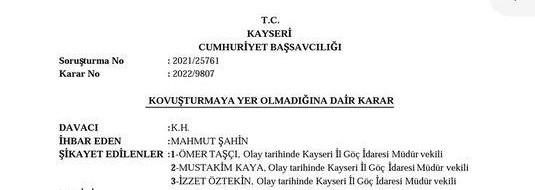
CHIEF PUBLIC PROSECUTOR RULES FOR NON-PROSECUTION
Chief Public Prosecutor of Kayseri launched an investigation after Şahin’s application, but ruled for non-prosecution against deputy directors and 10 security guards at Kayseri Directorate of Migration. The investigation was launched to investigate claims of “misconduct” and “non-accidental injury”, but no permission was given for investigations against Ömer Taşçı and Mustakim Kaya, deputies of the director. İzzet Öztekin, another deputy director, denied accusations. The prosecutor’s ruling said “it was now known when, where and against whom the criminal act was committed” and “the accusations consisted of general descriptions of events.” As the allegations “did not include sufficient evidence for a public case”, the prosecutor ruled for non-prosecution against “the deputies and security guards.” In a ruling dated March 23, 2022, the Chief Public Prosecutor of Kayseri said “the prosecutor’s office launched three investigations into acts of non-accidental injury, and public cases were filed and the perpetrators appeared before court.”
REFUGEES’ TESTIMONIES: “EVERYTHING IS HORRIBLE”
A refugee who survived Kayseri Removal Center and reunited with his family in another city confirmed Şahin’s allegations of ill treatment. The refugee, who asked to remain anonymous, told us in an interview held on December 17, 2021 that he was kept at the facility for six months, he couldn’t get his mobile phone back and everything was horrible there.
An interpreter who also asked to remain anonymous confirmed Şahin’s claims. The interpreter said he had heard about the ill treatment since a long time ago, although he personally didn’t witness anything: “As interpreters, we can enter the interview rooms. Nobody can go inside. As far as we heard, they put psychological pressure on the refugees. They can’t send the Syrians back unless they agree to go back voluntarily. We know they do this because there isn’t any consular mission for Syrians. If refugees don’t go back voluntarily, they are subjected to psychological and even physical violence. They are taken to Idlib, for example – a place where they don’t know anybody. They can be kept under administrative custody for up to one year, so they take it. This is what we heard from people who were kept there. We just go through the doors, then there is the interview room. We can’t go into all areas of the facility. There is a certain point where we must stop and I never saw what they have beyond that point.”
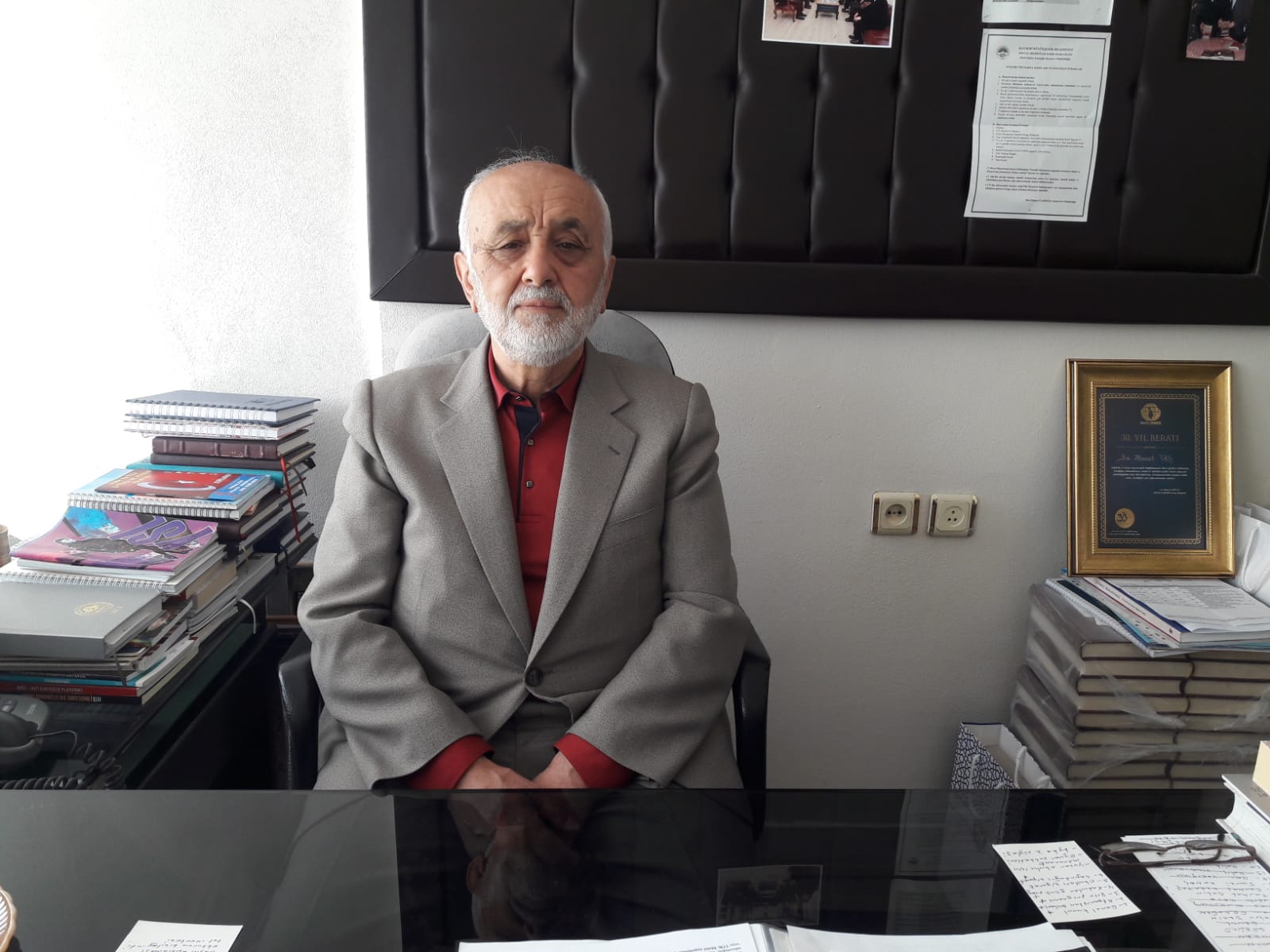
Ahmet Taş, Head of Kayseri Branch of Mazlumder
CIVIL SOCIETY NOT ALLOWED TO GO IN
After the reports of suicides appeared in newspapers, Mazlumder (the Association for Human Rights and Solidarity for the Oppressed) decided to take action. Ahmet Taş, head of the local office of the organization, called me to talk about my report. I shared what I knew with him. He said they got permission from the governor to go inside the facility, and I asked if I can go in with them. Taş accepted my request but they were eventually not allowed to visit the facility. Taş said “Our organization and the provincial board for human rights filed applications to go inside but our applications were rejected. Then the director, Ömer Taşçı, replaced with Ahmet Danışman. I have contacts with him and some other new people working there. We are building a rapport. Ahmet Danışman was also informed about our applications that were rejected. He said ‘There is nothing wrong about their request. I wish members of the press would also visit us.’ I discussed the matter with people from the Directorate of Migration and Ansar Association for Syrians. They believe the Ministry of Interior gave the orders. There is a public reaction against foreigners in Turkey, so authorities directly send refugees to removal centers without questioning them. After some time, they want to repatriate them. Many believe that the government or the Ministry of Interior gave the orders to frighten foreigners, and to avoid new waves of migrants. Refugees are kept here for 6 months or 1 year. If they don’t want to go back to their countries, they are sent to another city. It looks like a deterrent action but it’s not fair, and it’s a violation of human rights. It’s like the days when traffic police would hand out fines to everyone to deter them from violating the rules. Officials say to refugees ‘You have been involved in an incident’ and send them to removal centers without questioning them. They say there are too many people at Kayseri Removal Center, and these people deserve a trial under international law. Interpreters tell us that officials treat these people without kindness, and even in a derogatory way. The state has its own staff to oversee these people because there is no independent oversight.”
INVESTIGATION LAUNCHED YET NO STATEMENT
Another key issue emphasized by Ahmet Taş is that the provincial board for human rights hasn’t held a meeting since current governor, Şehmus Günaydın, came to office. Taş says that, according to official, board meetings haven’t been held because the number of applications is not sufficient. “This Board used to review applications. For example, if there was a problem at a university hospital, the board would discuss that and write investigation letters to relevant institutions. It’s simple logic: if the board meetings don’t happen, people won’t come to the board,” Taş said. Ahmet Taş also highlighted that authorities launched an investigation at the Removal Center, but they haven’t published a public statement yet.
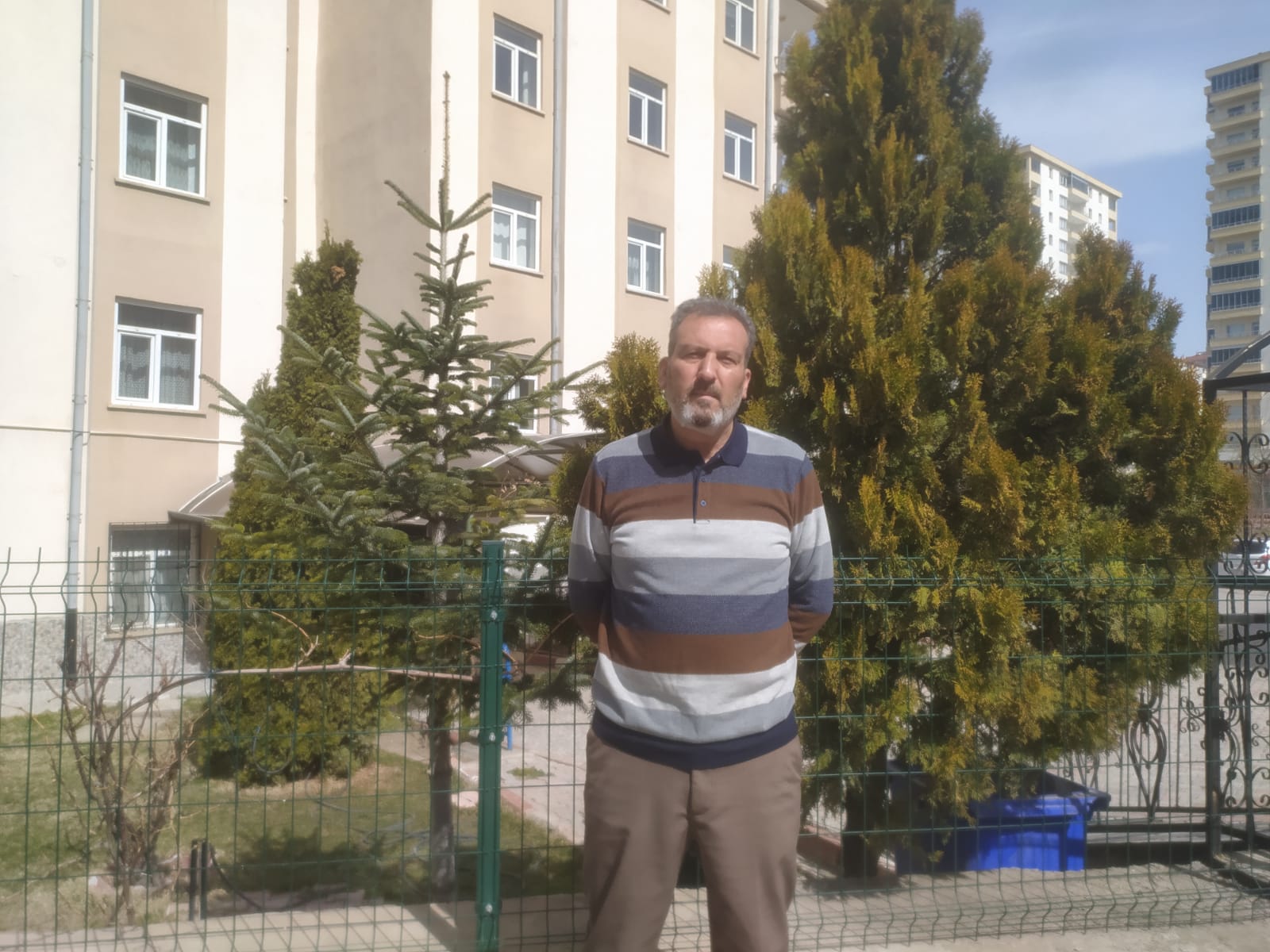
Uğurcan Yıldırım, Head of Ansar Association for Syrians
LOCAL NGO NOT ALLOWED INSIDE
Ansar Association for Syrians is another NGO that focuses on the events unfolding at Kayseri Removal Center. Officials from the association filed applications to visit the facility, but were also rejected. Uğurcan Yıldırım, head of the association, said: “I filed an application to go inside. At first, they said the Governor’s Office will give me the permission. Then they said I need to go to the General Directorate of Migration Management. They said the facility was a special place, which cannot be visited without permission but I could visit it by contacting the head office in Ankara. So, although the Removal Center in Kayseri reports to the Governor’s Office, they told us to file an application to the central government. As our application here was not accepted, we didn’t file another application to Ankara. As an NGO working with migrants, I would expect that my application would be accepted.”
“THEY ARE SENT TO REMOVAL CENTERS EVEN IF THEY ARE ACQUITTED”
Uğurcan Yıldırım said he didn’t know anything about why the former director was relocated to Niğde. Yıldırım emphasized that the suicides were a fact: “We know that people who will be deported or repatriated ingest soap, etc. to avoid deportation. There are some refugees who were involved in criminal activities – their nationalities don’t matter. We know that, according to a decision issued by the Ministry of Interior, persons involved in criminal activity are sent to removal centers even if they are acquitted by a court. As a result, the person who may or may not be involved in a crime is deported, but their family and children stay here. We hear about people who were deported and came back by illegal means. We believe if a person has been involved in criminal actions and there is evidence to prove that, government can deport that person. However, if the claims were brought to a court as a result of an investigation and the court rules that claims are unmerited, these defendants must be reintegrated with the society. In practice, officials send acquitted refugees back to removal centers because they fear that ‘they can commit crimes again if released.’ They are kept at these facilities for 6 months or one year as the court proceedings continue. They cannot force people to go back if they have only committed ordinary crimes but no terror crimes – refugees have to volunteer for that and sign specific documents. Many refugees sign these papers because they prefer to come back to Turkey by illegal means instead of staying at a removal center for a year. We hear many people who refused to sign these papers and finally managed to reunite with their families.”
Yıldırım said the removal centers offer similar conditions to a penitentiary institution: “Although it’s called a removal center, it’s still a prison – the conditions are really dire. They can’t use mobile phones, and they have to use the coin phones to talk to their families. Essentially, refugees can’t talk to their families as long as they are kept there.”
* This article has been prepared in the scope of the “New Generation of Investigative Journalism Training Project” which is implemented by Media Research Association in cooperation with ICFJ (International Centre for Journalists).
